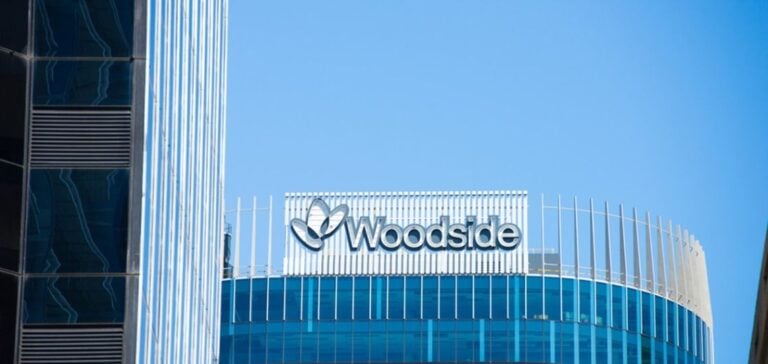Australian energy operator Woodside Energy has initiated arbitration proceedings against the Republic of Senegal at the International Centre for Settlement of Investment Disputes (ICSID), an institution affiliated with the World Bank. The complaint was registered on May 30 and names the Senegalese Ministry of Petroleum and Energy as the respondent, according to a document reviewed by Reuters on the same day.
Woodside Energy holds an 82% stake in the offshore Sangomar field, Senegal’s first offshore oil project. The company is contesting a tax reassessment of CFA40bn (approximately $65mn) issued by the Directorate General of Taxes and Domains (DGID) in July 2024. The dispute has emerged amid growing tensions between the company and Senegalese tax authorities.
Tax dispute already initiated at national level
In August 2024, Woodside brought the case before a Senegalese court, challenging the legitimacy of the tax assessment. The company claimed it had complied with all applicable tax laws and owed no payments to the state. However, the local proceedings did not result in a substantive ruling, while the authorities launched collection measures, prompting Woodside to escalate the matter to the international level.
The collection efforts included freezing the company’s bank accounts. In response, Woodside deposited guarantees to temporarily halt the enforcement actions. The referral to ICSID is now part of the company’s strategy to resolve the conflict through mechanisms outlined in bilateral investment treaties.
Contract review context influences the dispute
This dispute comes as Senegal’s new government expresses its intent to renegotiate several contracts in the extractive sector. A dedicated commission was established by presidential order to assess the legal and economic conditions of existing agreements. This context may affect other oil and gas operators active in the country.
The Sangomar field, located off Senegal’s coast, represents a key milestone for the development of the country’s hydrocarbon production. According to Woodside’s previous forecasts, first oil was expected in the near term, although the progression of the dispute could delay implementation.






















